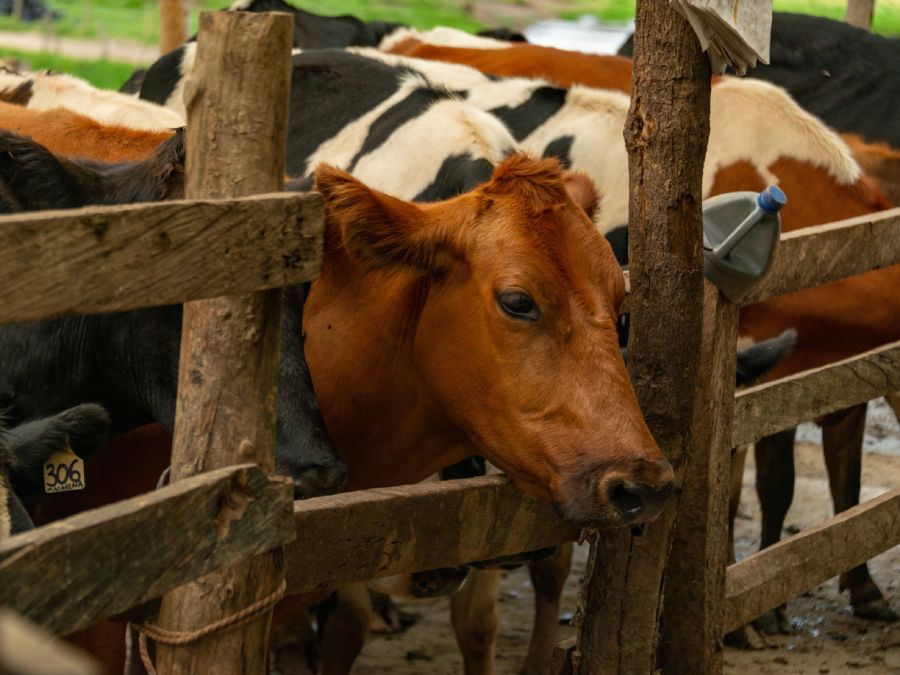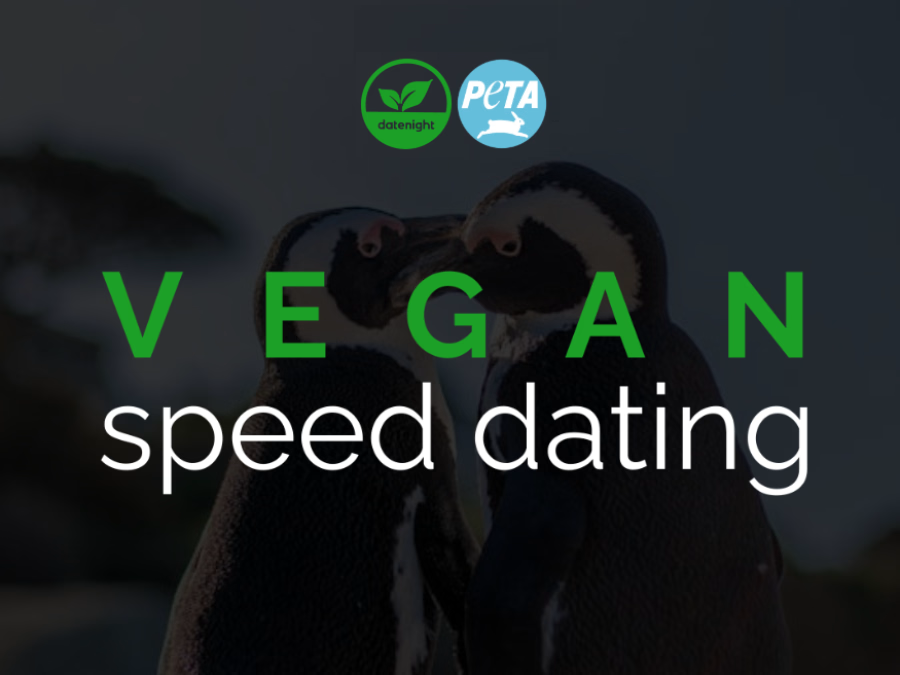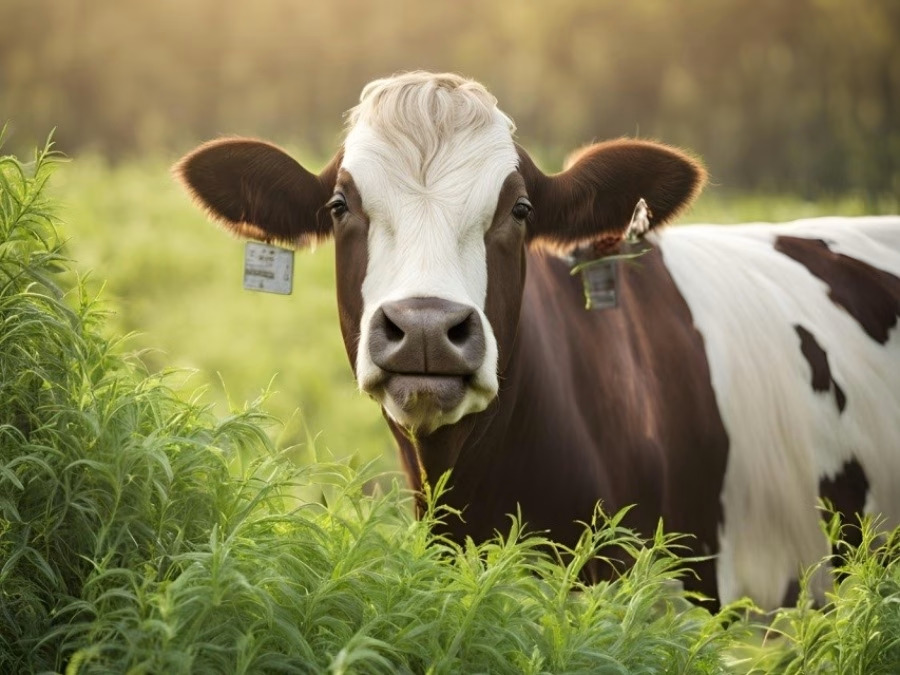Understanding the emotional toll of consuming animal products and why choosing veganism brings kindness not only to animals but also to our own hearts.
In a world filled with choices, the decision of what to eat carries weight far beyond personal preference. Every meal is more than just sustenance; it's a statement of values, a reflection of the way we interact with the world and the creatures that inhabit it. Have you ever paused to think about the emotional consequences of eating animals? For some, the thought of it evokes discomfort, guilt, or even sadness. When we consume animal products, we participate in a system that is often hidden from view—a system that inflicts pain, fear, and suffering on millions of sentient beings each year. These animals, just like our beloved pets, experience emotions, form bonds, and feel distress when they are confined, exploited, and ultimately killed. Yet, the harsh realities of factory farming are conveniently tucked away, out of sight for most consumers. But what if there was a way to nourish our bodies while also honouring our compassion? What if the act of eating could become an expression of kindness rather than cruelty? Veganism offers that opportunity, a chance to live in alignment with values that prioritize empathy, spare animals from harm, and promote a gentler, more humane world for all.
The Silent Suffering Behind Every Meal
Imagine for a moment the life of an animal born and raised solely for the purpose of becoming food. From the day they are born, these animals are seen not as individuals, but as products, commodities in a global supply chain where their lives are measured in pounds of flesh, milk production, or egg yield. Chickens, cows, pigs, and sheep, who would naturally form family bonds, explore their surroundings, and live with a sense of freedom, are denied these basic experiences. Instead, they are confined to factory farms, crammed into overcrowded spaces where they can barely move. Chickens raised for meat often live in sheds with tens of thousands of other birds, while pigs are confined to small metal crates where they can't even turn around. Cows in the dairy industry are repeatedly impregnated to keep producing milk, and their calves are taken from them shortly after birth, causing immense emotional distress to both mother and baby.
For many of these animals, their short lives are filled with fear and discomfort. They never see the sun, feel grass beneath their feet, or experience the simple joys of life. They are deprived of the chance to engage in natural behaviours like nesting, foraging, or socializing with their peers. Instead, their days are spent in artificial, industrialized environments designed to maximize efficiency and profit at the expense of their well-being. And when their bodies are deemed no longer productive, they are sent to slaughterhouses, where they meet a terrifying and violent end. This suffering is not an unfortunate by product of the system, it is the system. It's a reality that is too painful for many to face head-on, which is why it's so often hidden from view. But just because we don't see it doesn't mean it isn't happening. With every bite of meat, every glass of milk, and every egg we consume, we are supporting a system that prioritizes profit over compassion, convenience over conscience.
Choosing Veganism: A Path to Kindness
Choosing to be vegan is more than just a dietary shift, it's an ethical stand. It’s a decision that reflects a deep awareness of the suffering that occurs behind closed doors in farms and slaughterhouses across the world. When we opt for a plant-based diet, we are making a powerful statement: we refuse to contribute to a system that commodifies sentient beings. Instead, we embrace a lifestyle that values life, compassion, and respect for all creatures, regardless of their species. Veganism allows us to step outside of the cycle of harm and choose a kinder, more peaceful way of living.
Veganism isn’t about perfection, but rather about progress and intention. Each vegan meal we consume is a step toward reducing the demand for animal products and, consequently, the number of animals bred into a life of misery. By rejecting the consumption of meat, dairy, and eggs, we stop participating in the violence that these industries perpetuate. In doing so, we also reduce our environmental footprint, as animal agriculture is one of the leading causes of deforestation, water pollution, and greenhouse gas emissions. The positive ripple effects of veganism extend far beyond the animals; they touch the planet and every person who decides to make a compassionate choice. Veganism is not a sacrifice, it's an opportunity to live in alignment with values that prioritize empathy and justice for all living beings.
The Emotional Benefits of Compassion
Compassion is a cornerstone of veganism, and its emotional benefits are profound. When we choose to live compassionately, we cultivate a sense of peace within ourselves. There’s a unique comfort that comes with knowing that our choices no longer contribute to the suffering of others, especially when those “others” are sentient beings who can’t defend themselves. By practicing compassion in our daily lives, we not only extend kindness to animals but also nurture our own emotional well-being. Studies have shown that acts of compassion can reduce stress, promote feelings of happiness, and even improve our mental health. It’s no wonder that many vegans describe their transition to a plant-based lifestyle as emotionally freeing. They report feeling lighter, not just physically but spiritually, as they align their actions with their values.
Living a compassionate life also enhances our sense of connection to others. Veganism fosters a deeper understanding of the interconnection between all living beings, humans, animals, and the environment. This realization can lead to a more profound sense of empathy and a greater desire to contribute positively to the world. As we make kinder choices in what we eat, wear, and use, we develop a heightened awareness of how our actions affect others. Veganism encourages us to live mindfully, with an open heart and a commitment to causing the least harm possible. And in doing so, we not only protect animals from suffering but also create a more compassionate world for ourselves and future generations.
Why the Animals Need Us to Be Their Voice
Animals raised for food are voiceless in a system that views them as mere commodities. They cannot speak up for themselves or demand better treatment. They cannot escape the cruelty that defines their lives from birth to death. This is why they need us to be their advocates. By choosing to go vegan, we take a stand on behalf of the billions of animals who suffer in silence every day. We become their voice, and through our actions, we send a clear message: animals are not ours to use, abuse, or exploit. Their lives have intrinsic value, and they deserve to live free from harm.
In an industry that thrives on secrecy and silence, speaking up for animals is a revolutionary act. Every vegan decision, whether it’s what we choose to eat, wear, or purchase, is an act of defiance against a system that profits from the exploitation of animals. It’s a reminder that we, as humans, have the power to create change, to reshape industries, and to demand a more just and compassionate world. The animals need us to step into that power, to use our voices to expose the realities of factory farming, and to push for systemic change. Together, we can shift the paradigm from one of exploitation to one of empathy, from cruelty to kindness.
Compassion is Contagious: Spreading the Message of Kindness
One of the most beautiful and powerful aspects of choosing a vegan lifestyle is the impact it can have on others. By living in alignment with our values, we inspire those around us to reflect on their own choices. Whether it’s through sharing delicious vegan meals with friends, discussing the ethical reasons behind our decisions, or simply leading by example, we plant seeds of compassion in the hearts of others. These seeds have the potential to grow into a movement, one that shifts our culture toward a more compassionate, sustainable, and ethical future.
Compassion is contagious. When people see that living vegan is not only possible but joyful, they become curious. They begin to question the status quo and consider the possibility of a different way of living, one that doesn’t involve harming animals. By spreading the message of kindness, we can create a ripple effect that touches countless lives, both human and non-human. Veganism is not about judgment or superiority; it's about offering an alternative that aligns with the values most of us already hold dear, kindness, respect, and compassion. Through gentle conversation and understanding, we can inspire others to join us on this path toward a kinder world.
Conclusion
At its core, veganism is about living in alignment with our deepest values compassion, kindness, and empathy. It’s about recognizing that the choices we make every day, particularly what we eat, have a profound impact on the lives of animals and the health of our planet. When we choose to stop eating animals, we choose to step away from a system built on suffering and instead embrace a lifestyle that honour's the dignity and worth of all living beings. Going vegan isn’t just about the animals, though they are the ones who benefit most directly, it’s also about lightening our own emotional burden. Each plant-based meal is an act of kindness, a way to say, “I choose not to cause harm today.” It’s a small step, but when taken by many, it leads to a world where compassion is the norm, not the exception.
What are your thoughts?
How has choosing veganism impacted your emotional well being? Do you believe that compassion for animals can transform our relationships with each other? Share your thoughts in the comments below and let’s continue this conversation on the power of kindness.




















